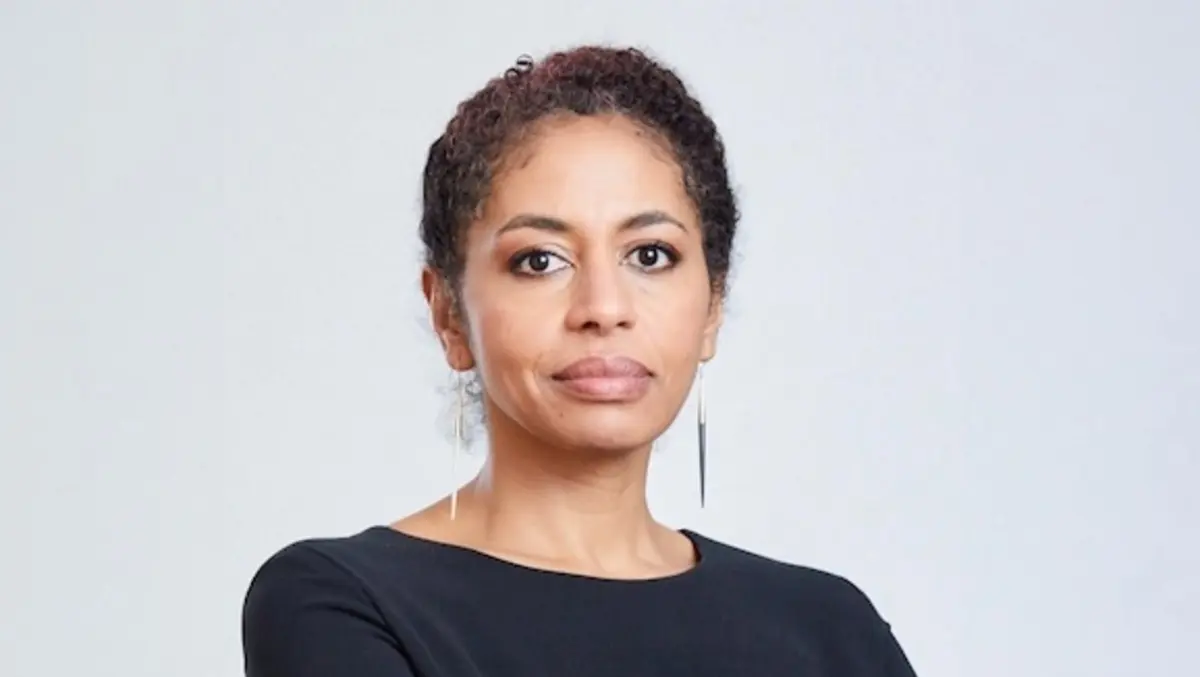
OpenAI supports key senate bills shaping AI regulation
As AI becomes increasingly integrated into various sectors, OpenAI, the company behind ChatGPT, is shaping the future of artificial intelligence (AI) regulation in the United States.
It comes after OpenAI publicly endorsed three significant Senate bills that could influence the federal Government's approach to AI, earlier this week.
One of the key pieces of legislation is the Future of AI Innovation Act, which would formally establish the United States AI Safety Institute as a federal authority responsible for setting standards and guidelines for AI models.
"We have consistently supported the mission of the institute, which leads the US Government's efforts to ensure that frontier AI systems are developed and deployed safely," OpenAI's Vice President of Global Affairs, Anna Makanju, shared in a LinkedIn post.
Makanju emphasized that the bill provides crucial Congressional backing for the institute to "minimize the potential risks posed by this new technology."
In addition to the Future of AI Innovation Act, OpenAI also backed the NSF AI Education Act and the CREATE AI Act.
These bills aim to expand federal scholarships for AI research and establish educational resources for AI within colleges and schools.
Why Now?
So, why is OpenAI, a startup with a meteoric rise to an $86 billion valuation, now taking a public stance on US legislation?
According to Makanju's LinkedIn post, OpenAI believes that government intervention is essential to ensure AI is both safe and accessible. However, as the world leader in generative AI, OpenAI is likely to face increased regulatory scrutiny in the future.
By endorsing these bills, OpenAI not only banks goodwill with federal lawmakers but also positions itself to have a voice in future regulatory discussions about AI.
Building Alliances
On Monday, OpenAI, along with major tech companies like Microsoft, Meta, and Amazon, signed a letter to lawmakers expressing support for the AI Safety Institute.
The Future of AI Innovation Act mandates that the institute collaborate with both private and public organizations to develop standards for AI systems, reinforcing a cooperative approach to AI safety.
This act also requires federal agencies to create publicly available datasets that are unlikely to be developed by private companies, ensuring that the public sector remains a key player in the AI landscape.
Strategic Timing
OpenAI's endorsements are strategically timed, as two of these bills are set to be considered in an Executive Session on Wednesday morning.
This move is part of the delicate balance OpenAI and other AI companies are striking as they navigate the complex relationship with Government officials who could one day regulate their industry.


